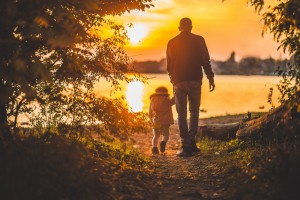I was working with a Grief Coaching client the other day, and she said that while she was doing okay in general, and feeling that her life was mostly in order after the loss of her husband over 2 years ago, there was one feeling she just couldn’t shake: how lonely she continued to feel each day.
 Loneliness is an epidemic in our country and is more pervasive and perhaps even more impactful than any physical virus. Why? Because for most grievers, feeling lonely can often bring with it feelings of helplessness and hopelessness. Meaning each day that a person finds themselves in a lonely state they will feel even more powerless to change it.
Loneliness is an epidemic in our country and is more pervasive and perhaps even more impactful than any physical virus. Why? Because for most grievers, feeling lonely can often bring with it feelings of helplessness and hopelessness. Meaning each day that a person finds themselves in a lonely state they will feel even more powerless to change it.
To some degree, it makes sense. If we’re lonely after the loss of a spouse and we either haven’t been able or don’t intend to find another partner to share space with, we’ll continue to feel lonely forever. If we’ve lost a beloved parent, especially one we cared for or even lived with, we’ll never be able to feel anything but the loneliness of the void they left.
Right?
Let’s take a minute to break down some of the language and understand that being alone and feeling lonely are not the same thing. They absolutely can go together, and for someone who has lost someone they shared living space with, feeling lonely is almost 100% guaranteed to be experienced at some point while grieving.
But are we forever sentenced to be a victim of our circumstances? Or can we be alone, without feeling lonely?
Continue reading Lonely? A New Perspective On Time Alone →







 After the
After the